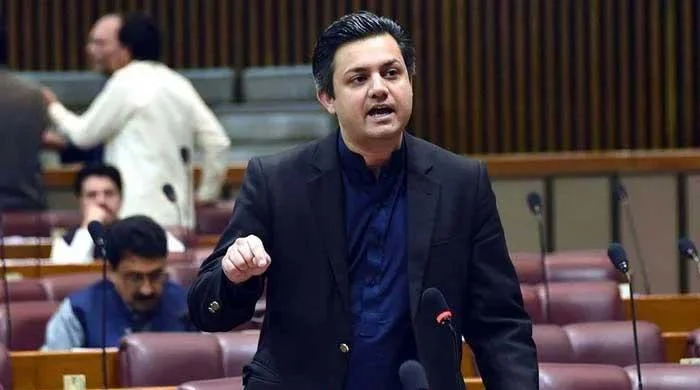PTI Resignation
ISLAMABAD: Pakistan Tehreek-e-Insaf (PTI) Secretary General Omar Ayub on Thursday rejected Hammad Azhar’s resignation as the party’s Punjab president.
Despite this, Azhar remained steadfast in his decision to step down, citing significant challenges that have hindered his ability to perform his duties effectively.
Ayub expressed his admiration for Azhar’s dedication to the party and to PTI Chairman Imran Khan. In a message posted on X (formerly Twitter), Ayub stated, “Hammad Azhar, you have worked tirelessly for the party and PM Imran Khan sahib. Resignation not accepted.”
However, Azhar responded by reiterating his firm stance on leaving the position, stating that the circumstances had made it impossible for him to continue.
Azhar explained that one of the primary reasons for his resignation was the lack of authority to make decisions, despite being held fully responsible for the party’s affairs in Punjab.
He expressed frustration over being unable to exercise any real power in his role, which he found to be untenable. Additionally, Azhar cited restrictions on his movements, which have further limited his ability to fulfill his responsibilities.
The situation escalated when Azhar publicly announced his resignation on Wednesday, highlighting a lack of direct access to Imran Khan as a critical factor in his decision.
Azhar noted that this disconnect had made it difficult for him to communicate vital information to the party leader and to participate meaningfully in the decision-making process.
He lamented that he had not been consulted on significant decisions within the Punjab chapter, many of which he believed were influenced by internal lobbying rather than merit.
One of Azhar’s major grievances was the removal of Chaudhry Asghar as PTI’s Lahore president. Azhar claimed that lobbyists within the party had manipulated the situation to their advantage, providing Imran Khan with “wrong facts” to secure Asghar’s dismissal.
He argued that such decisions were detrimental to the party’s integrity and were made without proper consideration of the contributions and sacrifices of loyal PTI members.
Azhar also expressed concern over the broader implications of restricted communication within the party. He believed that those with vested interests were exploiting the lack of direct access to the party leader to further their own agendas. This situation, according to Azhar, compromised the party’s ability to make informed and fair decisions.
Reflecting on his previous experiences, Azhar recalled that he had resigned once before for similar reasons.
He emphasized that effective leadership and organizational responsibility could only be entrusted to those who had direct access to the party leader and could present him with accurate and complete information.
In his final remarks, Azhar announced that he would relinquish his role as Punjab president effective immediately.
Despite stepping down, he affirmed his unwavering loyalty to Imran Khan, stating that he had been, and would continue to be, a dedicated worker for the PTI leader.
Azhar’s resignation underscores the internal challenges facing PTI, particularly in its organizational structure and communication channels.
His departure raises questions about the party’s ability to manage internal conflicts and maintain cohesion, especially in the context of significant political pressures and the ongoing incarceration of its founder, Imran Khan.


